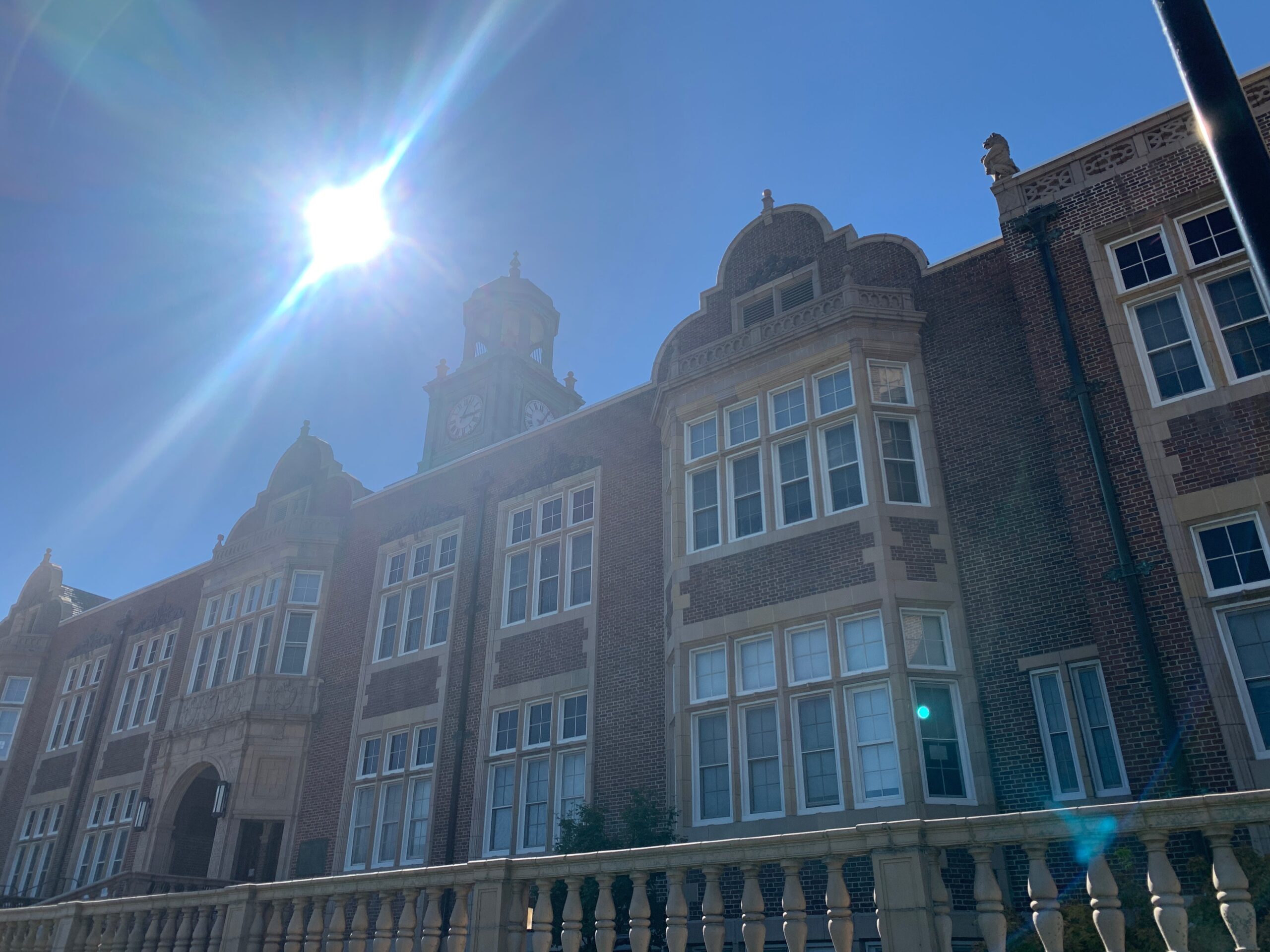
Crescents on campus: how students are preparing for the solar eclipse
By Ivy Choe, contributing writer
On Monday, the life of a glowing sun will shortly falter to the shadows of a passing moon.
And although Towson will not be in the path of totality, it is still a special sight to behold because the total solar eclipse will not be making its celebrity appearance in the U.S. for another two decades, according to NASA.
“These [eclipses] occur once or twice a year but only total over a narrow (ca. 120 miles wide) strip,” retired Towson University professor of Astronomy and Geosciences Alex Storrs said in an email Saturday. “So it is rare to be in the path of totality.”
Yet, the eclipse’s allure extends beyond its rarity.
According to Scientific American, the early scientific understanding of eclipses was found in an unlikely medium: stones. And not just any stone, but the famous and enigmatic kind –– the Stonehenge.
“Eclipses are some of the first phenomena to be accurately predicted [and] some parts of Stonehenge could be used to do this (for that location),” said Storrs.
Journeying northeastward across several states, the eclipse will start from the Lone Star State of Texas and traverse through Oklahoma, Arkansas, Missouri, Illinois, Kentucky, Indiana, Ohio, Pennsylvania, New York, Vermont and New Hampshire, ending its celestial voyage across the continental U.S. in Maine.
In the Towson area, roughly 88.5% of the sun will be covered, and some TU students are eagerly anticipating the rare cosmic event.
Among them is senior Russell Scherr, who is determined to witness the eclipse from campus, despite having scheduled classes.
“I don’t currently have a location on campus yet, but I’ll skip class if I need,” he said.
Sophomore Dion Meeks shares his anticipation for the stellar spectacle.
“I do plan on seeing the eclipse because I [have] never seen one before, on top of the fact that they’re so rare to come by,” he explained.
As excitement builds across campus, some students face a common challenge: obtaining eclipse glasses. Scherr and Meeks both have yet to get a pair of glasses, as well as senior Jayden Johnstone.
“I would love to get some just in case in the future I can get the full experience,” Meeks said.
Fortunately, Storrs offered advice for those who cannot obtain eclipse glasses.
“Don’t look at the Sun! Look at shadows cast by trees–where the leaves let only a few rays through, you’ll see a crescent instead of the little circles that are normally made in the shade,” he said.
Whether through protective eyewear or the shadows of trees, the Towson community can enjoy the brief appearance of crescents on campus Monday around 2-4:30 p.m.

